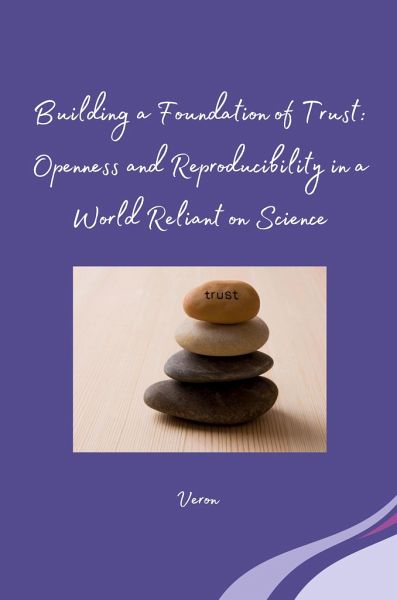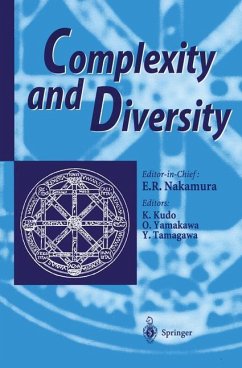
Building a Foundation of Trust: Openness and Reproducibility in a World Reliant on Science
Versandkostenfrei!
Versandfertig in 6-10 Tagen
28,10 €
inkl. MwSt.

PAYBACK Punkte
0 °P sammeln!
In the modern society of the 21st century, science and technology are becoming increasingly em-bedded in the everyday life of people all around the world. Driggers (2011) stresses the importance of science and technology by pointing to the many times in history that these components have contributed to moving our society forward and how they will keep on doing so. Similarly, Fen-ster & Gopp (2020) emphasize the important role science plays, and will continue to play, for the continued development of our society, something they claim has become even more critical and apparent in 2020 as the Cov...
In the modern society of the 21st century, science and technology are becoming increasingly em-bedded in the everyday life of people all around the world. Driggers (2011) stresses the importance of science and technology by pointing to the many times in history that these components have contributed to moving our society forward and how they will keep on doing so. Similarly, Fen-ster & Gopp (2020) emphasize the important role science plays, and will continue to play, for the continued development of our society, something they claim has become even more critical and apparent in 2020 as the Covid-19 pandemic is casting its shadow over the continents of the world.The term science is very broad. Obviously, the scientific community is vast and encompasses many different fields that all play important roles in shaping the world. Even though these fields are inherently different on many levels, they all work according to some basic principles that can be applied to all disciplines and branches of the scientific community. One example of these fundamental principles is openness: At its core, science depends upon openness and the "willing-ness of individual investigators to accept constructive criticism of work that has been conducted", primarily with the purpose to promote the advancement of knowledge (Committee on Science, Engineering, and Public Policy (U.S.). Panel on Scientific Responsibility and the Conduct of Research, 1992, p. 154).














